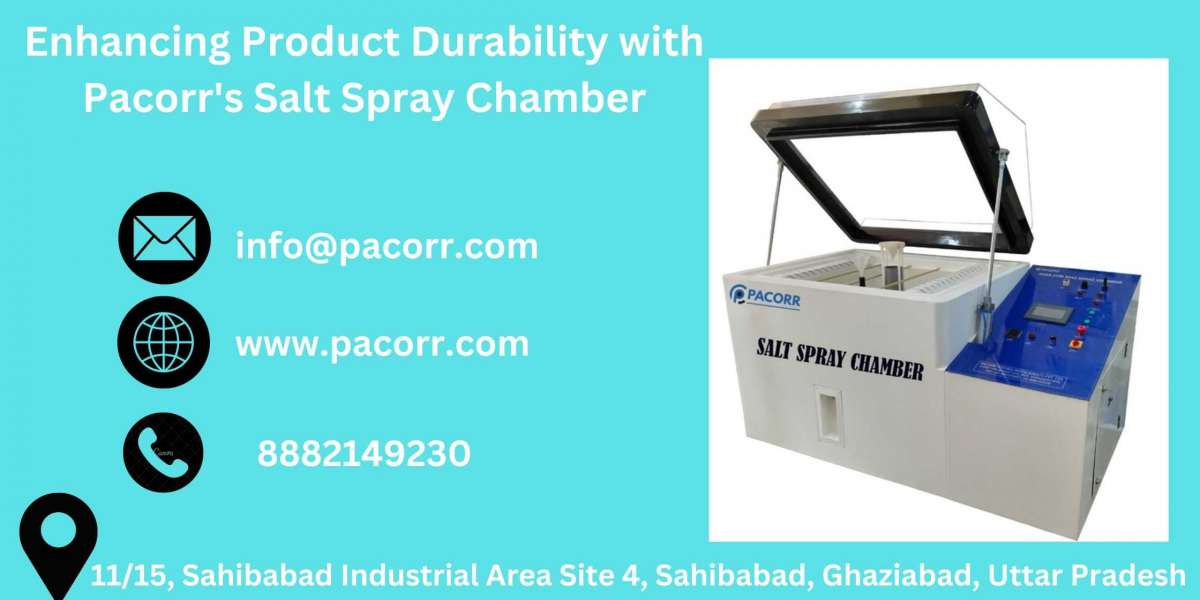Most people think of water as just water. Clear, tasteless and essential for life. But did you realise that water is not all the same? Water quality, taste and health benefits are derived from the water source, treatment, and mineral content. With the increased attention toward wellness and hydration, it is imperative that we become aware of the changing varieties of water. In other words, the next time you fill a glass from your kitchen tap or take a bottle of water off the shelf, it is to your benefit to know what you are consuming so you can make healthier, smarter decisions every day.
In this article, we will see the five types of water that everyone should know about and how they differ from one another.
1. Tap Water
Tap water is the most commonly available water source in homes and public places. It is sourced from rivers, lakes, or underground reservoirs. It is generally treated at water treatment plants to make it safe for human consumption. Tap water often contains added chlorine or fluoride to eliminate bacteria and promote dental health. However, its quality can vary depending on your location, ageing pipelines, and local regulations. While tap water is convenient and inexpensive, it’s a good idea to use a home filtration system if you’re concerned about impurities like lead, microplastics, or chemical residues.
2. Mineral Water
Mineral water comes from natural springs. It includes various minerals like calcium, magnesium, and potassium. These minerals are essential for maintaining body functions such as bone health, muscle function, and hydration balance. Bottled mineral water is often considered a healthier option than tap water due to its purity and additional nutrients. Many people prefer mineral water because of its refreshing taste and potential health benefits. However, it can be expensive compared to regular drinking water. Always check labels to ensure that the minerals are naturally occurring rather than artificially added.
3. Alkaline Water
In recent years, alkaline water has gained significant attention among health enthusiasts. It has a higher pH level than regular drinking water, typically between 8 and 9.5, and is believed to help neutralise acidity in the body. It is claimed by some people that drinking alkaline water can boost energy, slow ageing, and improve digestion. It is produced either naturally by passing over rocks and collecting minerals or artificially through ionisation processes. While scientific research is still ongoing, many people report feeling more hydrated and energetic after switching to alkaline water.
4. Distilled Water
Distilled water is purified through the process of distillation, where water is boiled into vapour and then condensed back into liquid form. This leaves most contaminants and minerals behind. It is one of the purest forms of water, free from dissolved solids, chemicals, and microorganisms. Distilled water is commonly used in inverter batteries, laboratories, medical facilities and appliances like humidifiers to prevent mineral buildup. However, because it lacks essential minerals, it may not be the best choice for long-term drinking unless supplemented with a balanced diet. It’s important to understand which water is best to drink depending on your health needs and lifestyle habits.
5. Spring Water
This type of water is collected from natural springs, where underground water flows to the surface. It’s typically rich in natural minerals and often praised for its clean taste. True spring water must be collected at the source and bottled without undergoing intensive purification processes, preserving its natural composition. Many bottled water brands highlight spring water for its purity and health benefits. However, it's essential to ensure the brand follows strict sourcing and bottling standards, as contamination can occur if not properly handled.
How Many Types of Water Are There?
You might wonder, how many types of water are available today? Apart from the five discussed here, there are also other forms such as purified water, electrolyte water, glacier water, and artesian water. Each has its unique characteristics, source, and intended purpose. As the demand for specialised water grows, so does the variety available in the market.
Knowing the various kinds of water can help you select the right type for your personal needs. For everyday hydration, tap water (when properly filtered) or mineral water often suffices. Those seeking specific health benefits might explore options like alkaline water or electrolyte-enriched varieties. Individuals with medical conditions or compromised immune systems might benefit more from distilled or purified water due to its lack of contaminants.
Choose RO or alkaline water purifiers from the house of Paqos for healthy living and complete hydration. Paqos is a trusted household name for the various water solutions it provides. Ultimately, the best choice depends on personal health goals, local water quality, budget and taste preferences. Staying well-hydrated is more important than obsessing over water types, but making a slightly better choice from Paqos can go a long way in supporting your overall well-being.






